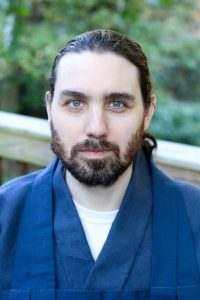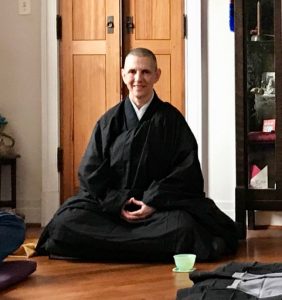
Statement from San Francisco Zen Center Leadership, in collaboration with the Central DEIA Committee and CAIC
With deep sorrow and grave concern, we acknowledge and bear witness to the alarming surge of hate crimes against Asian American Pacific Islander (AAPI) communities across the US and in the Bay Area since the start of the pandemic.
In 2020, Stop AAPI Hate recorded nearly 3,000 reports of incidents against Asian Americans nationwide, and there have been over 700 reported attacks on people of Asian descent in the Bay Area alone. We understand that these attacks are vastly underreported by the victims, often due to language and cultural barriers. These attacks of hateful speech and physical harassment include the deaths of two elderly men, as well as the vandalism and burning of a Buddhist temple in LA.
Acts of violence and slander are being perpetrated against our neighbors, families, friends, and colleagues. Sadly, such acts of ignorance have been growing and encouraged to spread through the coded language of racism and xenophobia.
We understand there exists a long and painful history of racism and exclusion of AAPI communities in the US, compounding the trauma of recent events. And, like other marginalized groups, AAPI have been disproportionately affected by the pandemic, due to many being nurses and other health care workers, or low-wage workers in hard-hit sectors of the economy.
The leadership of the San Francisco Zen Center denounces acts of hatred against people of Asian descent, as well as against Black, Indigenous, and all people of color, who have suffered from centuries of systemic racism, oppression, and exclusion in a white supremacy culture.
Some actions we are taking ourselves, and which we encourage you to do, include: becoming more informed about racism in general, and about how racism has specifically impacted AAPI; checking in with our neighbors, friends, and students of Asian descent and offering support; and, most importantly, finding ways to interrupt hateful acts whenever and wherever they occur. (See below for a list of further actions and resources.)
The Buddha taught, “The pathway of compassion for all is a 10,000 mile-long iron road.” This road often feels hard and unyielding, especially as we encounter difficulties and resistance within ourselves, in our relationships, and in the world.
But this long journey is also one of wisdom, love, and the deep joy of mutual generosity, as we work together for the benefit and healing of the world. We are grateful to walk this path with you.
With bows,
San Francisco Zen Center Leadership,
in collaboration with the Central DEIA* Committee and CAIC**
*DEIA = Diversity, Equity, Inclusion, and Accessibility
**CAIC = Cultural Awareness and Inclusivity Committee
Things you can do
1. Reach out to friends and family members of Asian descent
- You might say something like, “Are you OK?” or “Would you like to talk” or “This must be tough and I’m sorry you are going through this” or ‘”I don’t know exactly what you are going through, but I am always here to help” or “You really matter to me” or “How can I help, if at all.”
- What leaders can do – The simplest thing managers and organizational leaders can do for their Asian American employees is to use their privilege to acknowledge the recent news of anti-Asian violence, and give space for impacted individuals to process, grieve and heal. (Read: How to support Asian American Colleagues by Jennifer Liu, CNBC)
- Hold a ceremony to honor and remember victims of anti-Asian hate crimes
- Support Asian-owned local businesses (e.g., SF Chinatown is struggling)
2. Raise awareness, speak up, and condemn anti-Asian racism
- Read and share these articles on the rise of recent anti-Asian violence
- Watch / Listen and share these video and audio
- Watch “We are dying to be heard” (Video)
Interview with Activist and Nobel Peace Prize nominee Amanda Nguyen - Listen to The surge of anti-Asian violence (spotify) Today, Explained with Jeff Chang
- Listen to Anti-Asian Hate Crimes Rise Dramatically Amid Pandemic(podcast) NPR
- Watch “We are dying to be heard” (Video)
- Sign and share these petitions to raise awareness and stop anti-Asian racism
- Participate in non-violent protests and spread the word about when they are happening
3. Report Instances of anti-Asian violence
-
- Report them at StopAAPIHate.org
4. Receive Bystander Intervention Training
5. Learn about AAPI and discrimination
- ‘Model Minority’ Myth
- ‘Model Minority’ Myth Again Used As A Racial Wedge Between Asians And Blacks
By Kat Chow, NPR - The mental health toll of being a ‘model minority’ in 2020
By Kimmy Yam, NBC
- ‘Model Minority’ Myth Again Used As A Racial Wedge Between Asians And Blacks
- History
- America’s long history of scapegoating its Asian citizens
National Geographic - The history of attacks against Asian Americans is complicated
By Harmeet Kaur, CNN - The Muddled History of Anti-Asian Violence
By Hua Hsu, The New Yorker (PDF) - The long history of racism against Asian Americans in the U.S.
PBS - Watch PBS Documentary “Asian Americans”
- America’s long history of scapegoating its Asian citizens
- Asian Women
- Why Asian women are uniquely vulnerable to violence
By Harmeet Kaur, CNN
- Why Asian women are uniquely vulnerable to violence
- Solidarity, Allyship
- Opinion/We Need to Put a Name on this Violence
By Jay Caspian Kang, The New York Times (PDF)
- Opinion/We Need to Put a Name on this Violence
- American Buddhism
- Anti-Asian Violence Is an Attack on Us All
By Cristina Moon, Lion’s Roar - Searching for Asian American Buddhists
By Chenxing Han, Lion’s Roar - We’ve Been Here All Along
By Funie Hsu, Lion’s Roar
- Anti-Asian Violence Is an Attack on Us All
6. Support, donate, and volunteer with organizations working to overcome racism towards AAPI
- Stop AAPI Hate serves as the leading aggregator of anti-Asian hate incidents, shares informational reports and press releases, and offers a range of supports to the AAPI community
- Hella Heart Oakland supports mental health and wellness initiatives for Asian/Asian American women and girls in Oakland who may suffer from mental illness and other hardships.
- Oakland Chinatown Safety Fund is raising funds for security cameras, community ambassadors and safety awareness programs.
- Compassion in Oakland provides the Oakland Chinatown Community with a resource for promoting safety and community to the forgotten, underserved, and vulnerable.
- Hate is a virus – started as a grassroots movement to combat racism and xenophobia against Asian Americans and Pacific Islanders (AAPI) fueled by COVID-19, Hate is a virus has evolved into a sustainable organization that addresses xenophobia and hate in the AAPI and BIPOC communities.
- Act To Change – a national nonprofit organization working to address bullying, including in the AAPI community. They published “The Racism is a Virus Toolkit” to support the community in combating racism.
- Asian Americans Advancing Justice – a national nonprofit organization that focuses on housing rights, immigration, civil rights, labor rights, and others for Asian Americans
- National Council of Asian Pacific Americans – a nonprofit organization that serves to represent the interests of the greater Asian American (AA) and Native Hawaiian Pacific Islander (NHPI) communities through a coalition of 37 national Asian Pacific American organizations around the country.

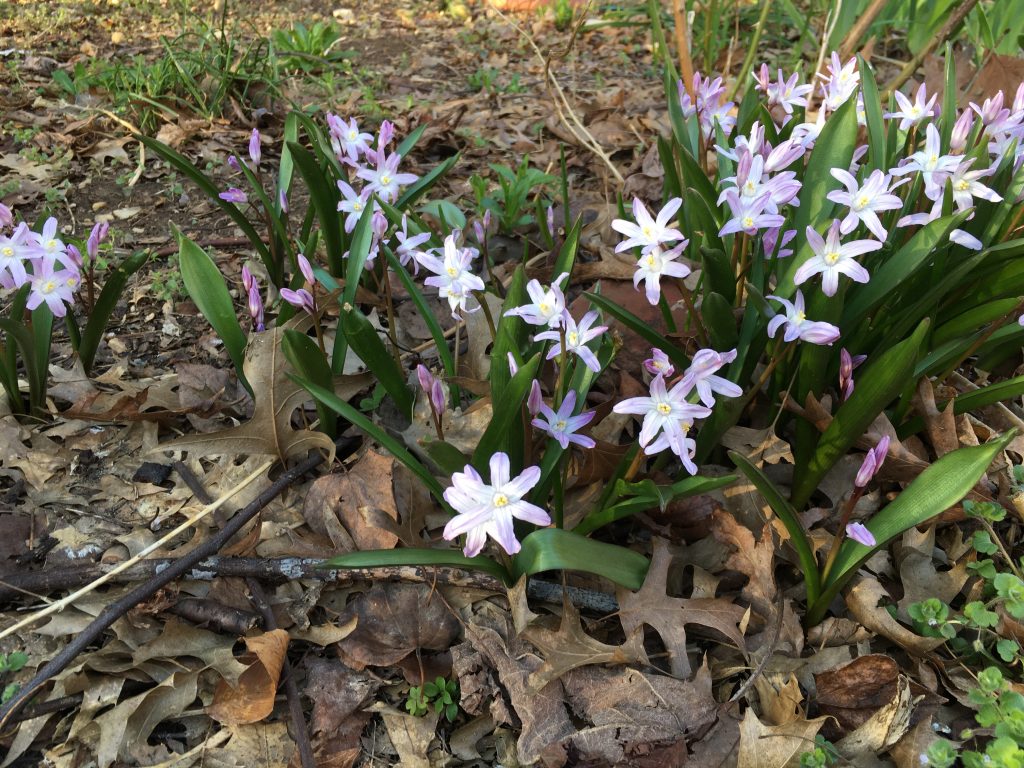
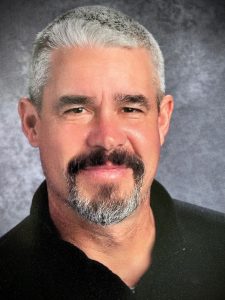
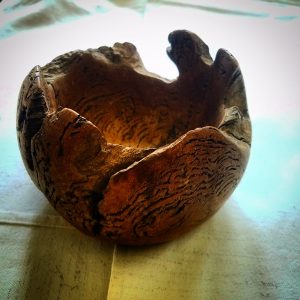
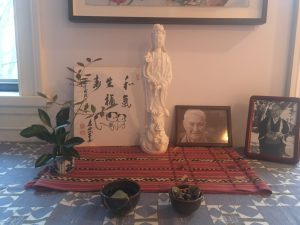
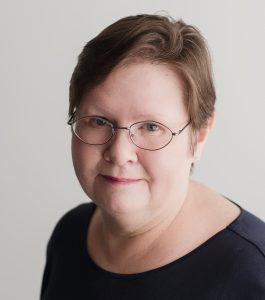
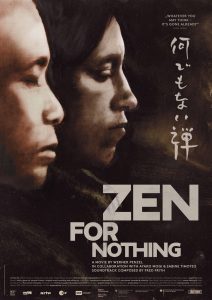
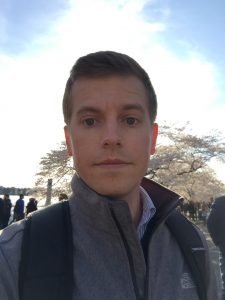
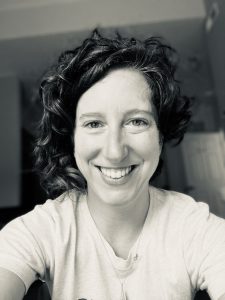 One of the core precepts in Buddhism is to not kill or to refrain from taking a life. The death penalty in America is government-sanctioned killing under the guise of justice and is one of the starkest violations of this precept. It tarnishes our government and our justice system, and everyone touched by it is harmed. Beyond the obvious harm of the taking of a life, the death penalty exposes overlapping systemic failures to provide for the basic needs of all people. Join us for a talk on capital punishment and Zen for a personal look at the death penalty and its intersection with our Soto Zen practice.
One of the core precepts in Buddhism is to not kill or to refrain from taking a life. The death penalty in America is government-sanctioned killing under the guise of justice and is one of the starkest violations of this precept. It tarnishes our government and our justice system, and everyone touched by it is harmed. Beyond the obvious harm of the taking of a life, the death penalty exposes overlapping systemic failures to provide for the basic needs of all people. Join us for a talk on capital punishment and Zen for a personal look at the death penalty and its intersection with our Soto Zen practice.